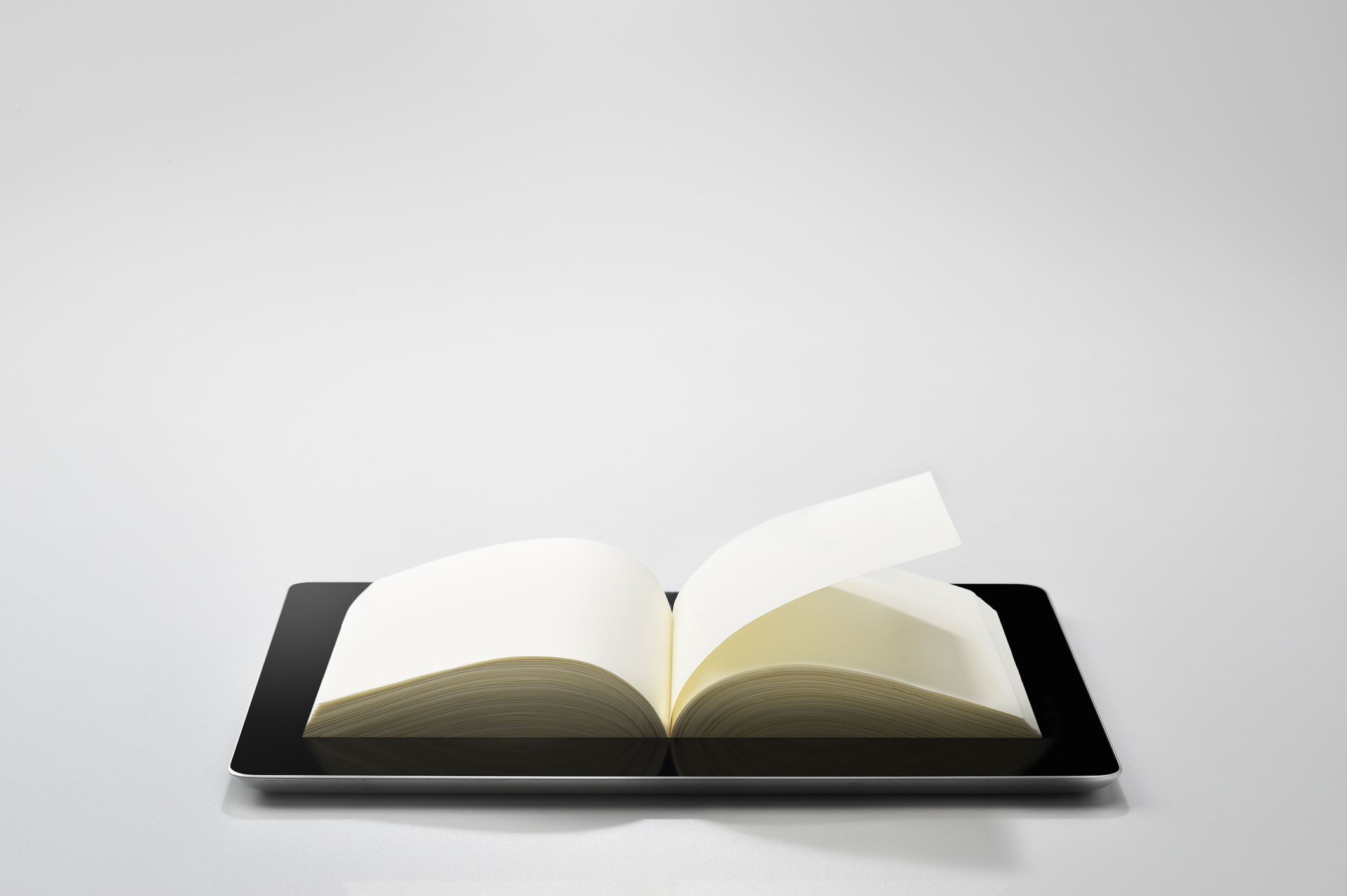Internet Archive and the complex politics of e-book lending
As many in the publishing industry cheer a judge's ruling, others fear for the democracy of the library


A free daily email with the biggest news stories of the day – and the best features from TheWeek.com
You are now subscribed
Your newsletter sign-up was successful
A judge recently ruled in favor of four major publishing companies suing the Internet Archive, a free online digital library, in a highly-watched and consequential copyright suit. The publishers — Hachette Book Group, HarperCollins, John Wiley & Sons, and Penguin Random House — filed the lawsuit against the non-profit in 2020, accusing it of copyright infringement "for loaning out digital copies of books without compensation or permission from the publishers," NPR summarizes.
The legal challenge arrived after Internet Archive offered a "National Emergency Library," a temporary collection meant to expand access to books, during the early days of the COVID-19 lockdown. Having previously claimed to loan out one digital copy of a book in the collection for every physical copy in the archive's wider arsenal — a time-limited loan known as controlled digital lending — IA relaxed those guardrails and allowed multiple patrons to rent out the same digitized copy at the same time.
That decision now looks set to have broad consequences. The four publishers alleged that the Internet Archive had engaged in "willful mass copyright infringement" that violated publishers' intellectual property and cut into their profits — not only with the lockdown library but also its usual lending practices. Though Internet Archive argued it was legally allowed to lend out the copies under the fair use doctrine, U.S. District Court Jude John G. Koeltl ultimately sided with the publishers. "Although [Internet Archive] has the right to lend print books it lawfully acquired, it does not have the right to scan those books and lend the digital copies en masse," Koeltl said in his opinion.
The Week
Escape your echo chamber. Get the facts behind the news, plus analysis from multiple perspectives.

Sign up for The Week's Free Newsletters
From our morning news briefing to a weekly Good News Newsletter, get the best of The Week delivered directly to your inbox.
From our morning news briefing to a weekly Good News Newsletter, get the best of The Week delivered directly to your inbox.
Now that the dust has settled, how are those on both sides of the debate making sense of Koeltl's ruling and its reverberations for the publishing and literary world as a whole?
'It is theft, and it devalues authors' works'
The Authors Guild, a professional organization for published writers, said in a Twitter post that they were "thrilled" with Koeltl's decision, adding that "scanning and lending books without permission or compensation is NOT fair use — it is theft and it devalues authors' works." Authors Guild CEO Mary Rasenberger also told Wired that the ruling was a win for authors dependent on e-book licensing. "It's just extraordinary, with the rise of library e-book lending, how much income to the publishers and the authors has declined," she said.
By rejecting Internet Archive's arguments about fair use, "the court has underscored the importance of authors, publishers, and creative markets in a global society," Maria A. Pallante, president and CEO of the Association of American Publishers, said in a statement. "We hope the opinion will prove educational to the defendant and anyone else who finds public laws inconvenient to their own interests."
The judge was right to rule against Internet Archive, considering the San-Francisco-based company has a "typical Silicon Valley attitude of laws-be-damned," author and independent journalist Edward Hasbrouck told Wired. "The Internet Archive tried to force their own de facto licensing terms — free — onto us."
A free daily email with the biggest news stories of the day – and the best features from TheWeek.com
'A blow for libraries, readers, and authors'
Koeltl's decision will only add to the frustration of librarians over the "uneasy transition of books from paper to digital formats," Dan Cohen, the dean of the library at Northeastern University, wrote for The Atlantic. "It will impoverish readers across the country seeking access to digital books, and over time diminish the library as a democratic institution that provides broad collections to everyone."
Indeed, the company's loss here could maybe mean the end of controlled digital lending as we know it, Peter Suber, director of the Harvard Open Access Project, told Slate's Nitish Pahwa and Emma Wallenbrock in an article published last fall, before the ruling was handed down. "We will not be legally allowed to take full advantage of the affordances of the Internet for sharing literature, and that would be a tragedy," Suber said. Ultimately, Pahwa and Wallenbrock mused, "that will hurt researchers and readers alike."
And, of course, for Internet Archive's part, the ruling is "a blow for libraries, readers, and authors," the organization said in an online statement. "Libraries are more than the customer service departments for corporate database products," founder Brewster Kahle said in the statement. "For democracy to thrive at global scale, libraries must be able to sustain their historic role in society — owning, preserving, and lending books."
Update, April 11, 2023: This article has been amended to clarify the definition of "controlled digital lending" and make clear that the legal ruling aplied to Internet Archive's general lending policy, not only the "National Emergency Library" it set up during COVID.
Theara Coleman has worked as a staff writer at The Week since September 2022. She frequently writes about technology, education, literature and general news. She was previously a contributing writer and assistant editor at Honeysuckle Magazine, where she covered racial politics and cannabis industry news.
